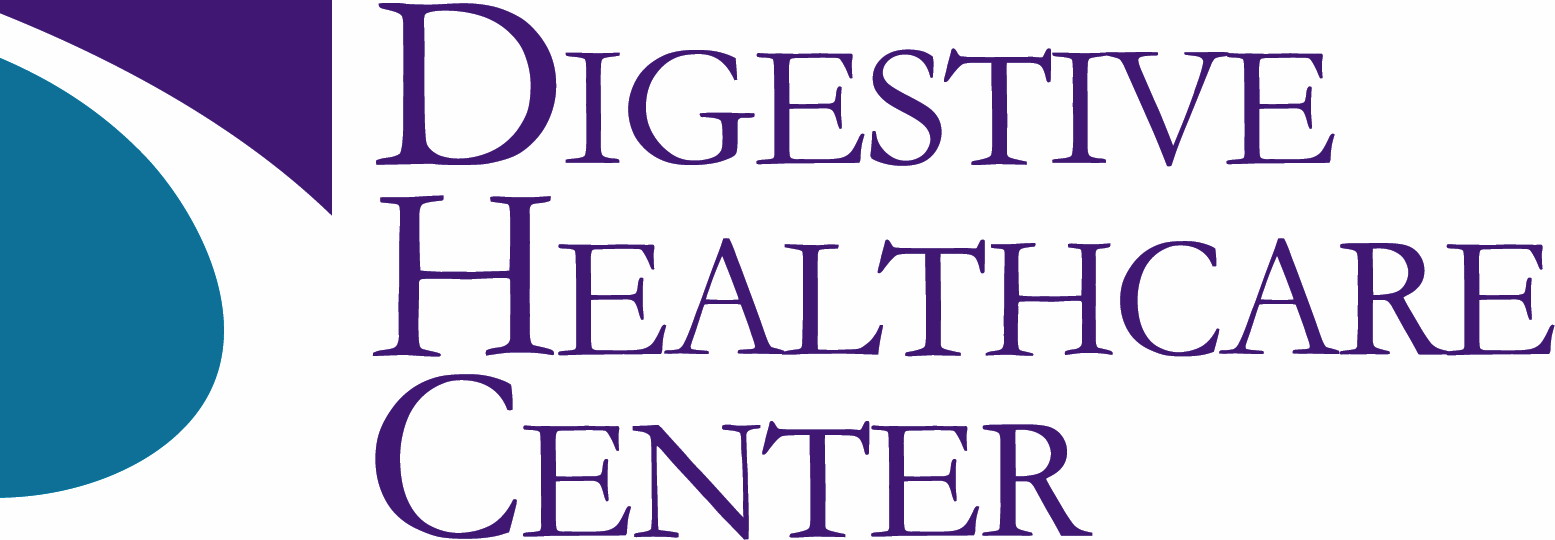Blog
Red Meat and Colon Cancer Risk—What You Need to Know
New U.S. government dietary guidelines released in February 2015 contribute to the discussion, often controversial, over the recommendations for a healthy diet. These recommendations have a direct bearing on a topic important to our practice at DHC: colon cancer.
In this year’s report, the government’s Dietary Guidelines Advisory Committee found that the American diet is deficient in healthy foods such as fruits, vegetables and whole grains and too abundant in salt and sugar. The panel recommended limits for the consumption of added sugars and placed an emphasis on dietary patterns. It changed direction on previous recommendations to limit intake of fat and cholesterol and recommended that Americans eat less meat, specifically red meat.
While there is continued controversy over the role of dietary fat and cholesterol and its effect on cancer, obesity and cardiovascular disease, it is important to not simply focus the discussion of red meat on its effects on serum cholesterol levels. As gastroenterologists, our focus on red meat transcends that angle.
According to Dr. Alan Gingold of DHC, “Although these new guidelines did not find that cholesterol consumption necessarily increases blood cholesterol levels, it does not necessarily mean that there are no risks to consuming large amounts of these types of foods. While red meats, which are high in cholesterol, may not increase your blood cholesterol they may increase your risk for other health problems such as colon cancers. In fact, some studies have suggested that diets high in red meats and saturated fats may increase risk for colon cancer.”
According to the Harvard Medical School Health Publications, solid evidence comes from a pair of extensive 2005 studies, one from Europe, the other from the United States. The European research tracked 478,000 men and women who were free of cancer when the study began. The people who ate the most red meat (about 5 ounces a day or more) were about a third more likely to develop colon cancer than those who ate the least red meat (less than an ounce a day on average).
Why does red meat increase the risk?
A November 2007 article on the Cancer Research UK website explains:
“Haem is the pigment found in haemoglobin, the protein that makes our blood red and carries oxygen round our bodies. It’s also the pigment that makes ‘red meat’ red.
Scientists found that haem is broken down in our gut to form chemicals called ‘N-nitroso compounds’. These have been found to damage the DNA of the cells that line the digestive system. And DNA damage is the first step on the road to cancer.
To complicate things a bit it seems, that when the lining of our gut senses it’s been damaged, it reacts by telling the existing cells to divide more rapidly to make new cells. This ‘extra’ cell division might also increase the chances of cancer developing, because every time a cell divides, it runs the risk of making a copying error in its DNA.
Intriguingly, there’s some evidence that chlorophyll, a green pigment found in plants, might block the breakdown of haem in the gut. This could be one of the reasons why a diet high in fruit and vegetables can protect against bowel cancer.”
In addition, chemical changes in meats cooked at high temperatures, as well as nitrates, which are used in processed meats, also contribute to the risk by causing DNA damage.
For those who do eat meat, the recommendation by experts in colon health is that two 4-ounce portions a week should be safe; even then, choose lean cuts, trim away excess fat, and avoid charring your meat on a grill. Limit processed, cured, and salted meats as much as possible.
However, it is worth pointing out that it is not simply red and processed meat that contributes to the risk of colon cancer. Sugar and refined carbohydrates have also been shown to have a negative impact. That is why a healthy, well-balanced diet is important for colon health.
Steps You Can Take to Decrease Your Risk of Colon Cancer
Screening colonoscopy is still the most important and effective means of preventing colon cancer, or discovering it in its early stages and treating it. In addition, you can take these lifestyle measures, which have been shown to decrease colon cancer risk:
- Keep your caloric intake reasonable
- Eat food that have been associated with protection from colon cancer:
- Calcium from diary products (low- or non-fat)
- Fruits, Vegetables, Whole Grains, Fish
- Exercise regularly
- Avoid tobacco
- If you choose to drink, limit yourself to an average of no more than two drinks a day
- Make sure your Vitamin D level is optimal
- Low-dose aspirin may also reduce risk (speak with your doctor)
Make an Appointment for Comprehensive Digestive Care in NJ
At Digestive Healthcare Center, we want each patient at our three offices in New Jersey to feel confident about their digestive health. We encourage you to contact us today to make an appointment with one of our expert gastroenterologists – don’t wait to start putting your digestive health first!
Recent Blogs
Learn more about all things digestive health and wellness by checking out our recent gastroenterology blogs.

Walk in Solidarity and Support Breast Cancer
Blog On October 21st the DHC team and family members had a wonderful time walking in solidarity and support of Breast Cancer in honor of

The Do’s and Don’ts of Eating This Holiday Season
Blog The holiday season is officially upon us, complete with holiday food and cheer. While this time is well renowned for being “the most wonderful
Tame Your Flame: Our Summer Guide to Digestive-Friendly Eating
Blog With summer officially upon us, barbecue season is in full swing. That means blue skies, sunshine and making merry memories. Whether you’re invited to
